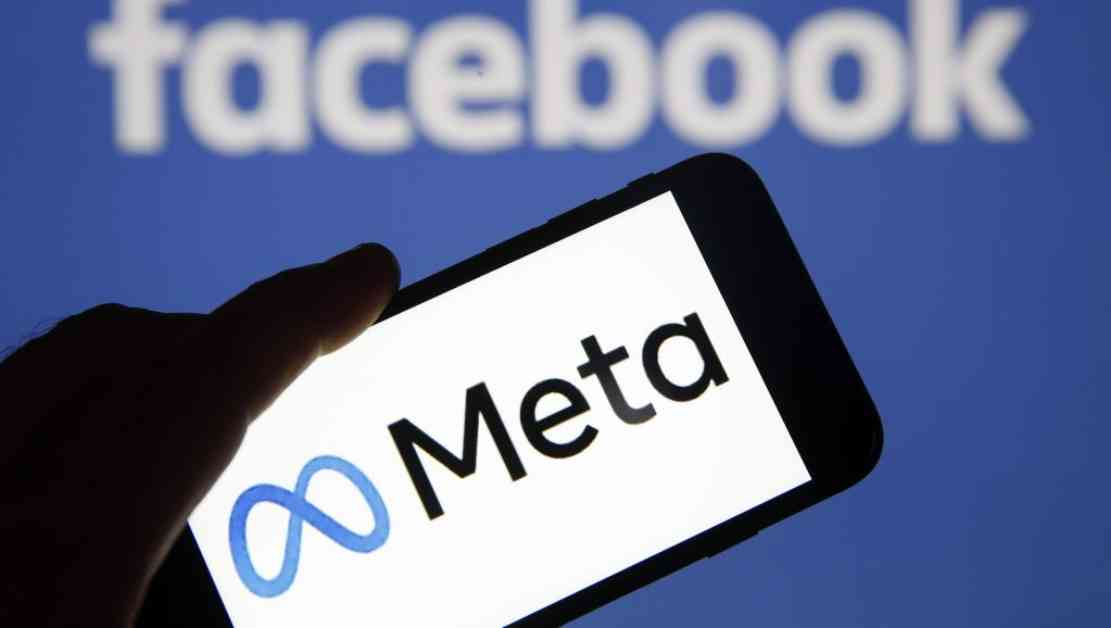In a surprising turn of events, Meta, formerly known as Facebook, announced a major shift in its fact-checking approach that is set to reshape the landscape of social media content moderation. The decision to transition from a third-party fact-checking system to user-generated “Community Notes” has sparked a wave of speculation and debate among users and experts alike. Let’s delve into the details to understand the implications of this significant update.
Meta’s Fact-Checking Evolution
Meta’s fact-checking journey began in 2016 as a response to mounting concerns over the spread of misinformation on its platforms. Following the tumultuous U.S. presidential election of the same year, Meta faced intense scrutiny for its role in disseminating fake news. To address these issues, Meta introduced a fact-checking program that enlisted non-partisan third parties certified by the International Fact-Checking Network (IFCN) to verify the accuracy of online content. Over the years, the program expanded to include nearly 100 organizations operating in over 60 languages worldwide, marking a concerted effort to combat misinformation on a global scale.
The Meta Fact-Checking Update Unveiled
On January 7, 2025, Meta CEO Mark Zuckerberg made a groundbreaking announcement via a video on Meta’s official website, revealing the discontinuation of the company’s fact-checking system in favor of a new model called “Community Notes.” Drawing inspiration from Elon Musk’s approach to social media regulation, Mark emphasized the shift towards empowering users to actively participate in content moderation. This departure from traditional fact-checking methods signifies a bold departure from the status quo and signals a paradigm shift in how social media platforms combat misinformation.
The Rationale Behind Meta’s Decision
Mark Zuckerberg cited the 2024 U.S. presidential election as a pivotal moment that influenced Meta’s change in strategy. Reflecting on the cultural shifts surrounding free speech and the role of legacy media, Mark expressed concerns about the perceived bias of fact-checkers and their impact on trust within the community. By entrusting users with the responsibility to assess and rate content, Meta aims to foster a more inclusive and transparent environment where diverse perspectives can coexist harmoniously.
Implications for Facebook and Instagram Users
With the introduction of Community Notes, Facebook and Instagram users can expect a more interactive and participatory experience when engaging with sensitive topics such as gender and immigration. The revamped platform invites users to contribute their insights, rate content, request additional information, and flag misleading posts. By promoting collaboration and consensus among users with varying viewpoints, Meta seeks to cultivate a more balanced and inclusive online ecosystem that prioritizes authenticity and diversity of thought.
In conclusion, Meta’s decision to overhaul its fact-checking mechanism represents a bold step towards redefining the boundaries of social media moderation and empowering users to take an active role in shaping the digital discourse. As the digital landscape continues to evolve, the implications of this groundbreaking update are sure to reverberate across the online community, sparking conversations and reflections on the future of information dissemination and accountability in the digital age.





















